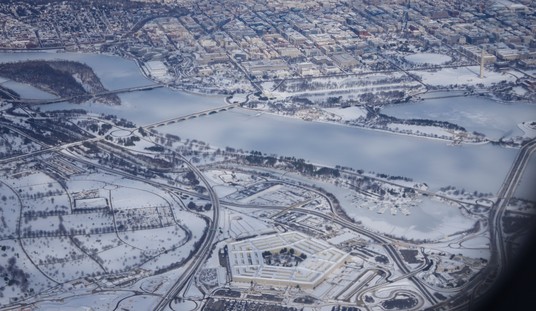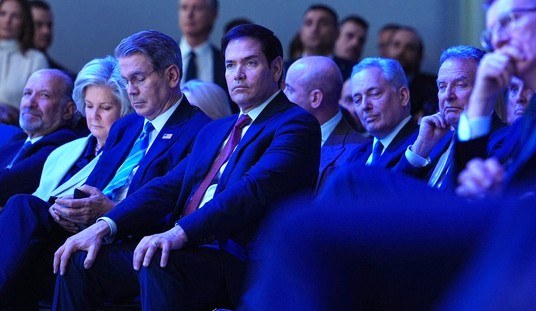In the wake of Canadian Prime Minister Justin Trudeau’s exit from his leadership, President-elect Donald Trump has issued a bold warning to Canada, threatening to use "economic force" as the political chaos continues. With Canada facing mounting instability, Before Trudeau resigned, Trump clarified that any disruptions under the prime minister’s leadership would seriously affect Canada’s economic standing, particularly in trade relations. His pointed remarks underscore the pressure on Canada to resolve its leadership issues and stabilize its government or risk facing the fallout of a more aggressive U.S. economic strategy. As Trump consistently prioritizes American interests, his warning clearly conveys that instability in neighboring countries won’t be tolerated. As a result, Trump has floated the idea of making Canada the 51st state of the United States.
On Tuesday, Trump warned Canada to be prepared for economic pressure as he seriously considers annexing the northern country to the U.S., doubling down on threats to impose heavy tariffs on one of the nation’s biggest trading partners. Although he ruled out military action, Trump reaffirmed his threat to impose a 25 percent tariff on Canadian and Mexican goods unless both countries took concrete steps to enhance security along their shared border with the U.S.
“Canada and the United States, that would really be something," Trump told reporters. "You get rid of that artificially drawn line, and you take a look at what that looks like, and it would also be much better for national security.”
President Trump says he is prepared to use economic pressure to force Canada to become part of the United States
— George (@BehizyTweets) January 7, 2025
I REPEAT. TRUMP IS SERIOUS. WOW! pic.twitter.com/98zrWoW3QX
Trump insisted that if Canada joined the U.S., there would be no tariffs, its taxes would decrease, and it would be secure from the threat of the Russian and Chinese Ships that consistently surround it. He also expressed concerns about Canada’s military spending.
“They don't essentially have a military. They have a very small military. They rely on our military. It's all fine, but, you know, they got to pay for that. It's very unfair," Trump continued, noting that Canada has faced growing pressure to boost its military spending as it falls short of the NATO target for member nations.
Recommended
If Canada joined the U.S., it would become the most populous state, with just over 40 million population, matching California's population. However, experts warn that such action would benefit Democrats more than Republicans, pointing out that Canada historically leans to the left.
“The Liberals have been in charge of the Canadian federal government for the majority of the time since World War Two," Republican strategist Dave Carney told Fox News.
Longtime political scientist Wayne Lesperance echoed similar remarks: "Canada as a state would bring millions of voters more likely to align with the Democrats' agenda and ideology. And with 40 million voters, the new 51st state would be the largest state in the union with a congressional delegation much more likely to oppose Trump and his party's political agenda.”
Doug Ford, the leader of Canada's most populous province, told the BBC that he agreed with some of Trump's demands. He said he agreed with the president-elect that both countries need to tighten the border and that it should meet its two percent Nato commitment and have fair trade.
However, Trudeau said there's "not a snowball's chance" that Canada would join the U.S.
There isn’t a snowball’s chance in hell that Canada would become part of the United States.
— Justin Trudeau (@JustinTrudeau) January 7, 2025
Workers and communities in both our countries benefit from being each other’s biggest trading and security partner.

























Join the conversation as a VIP Member